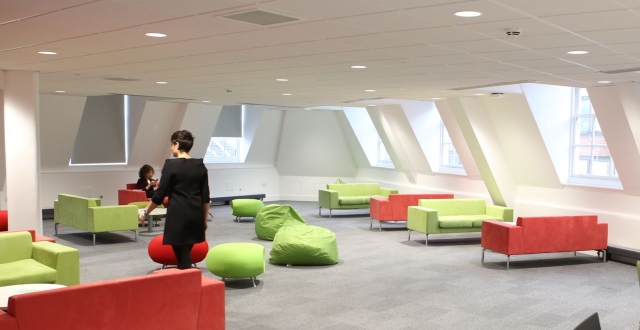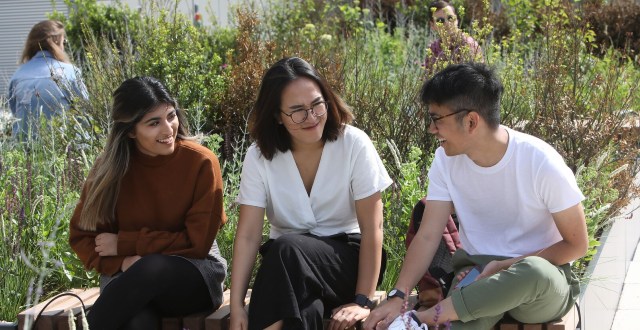With the COVID-19 pandemic pausing or disrupting the research plans of many university students, many may be struggling to come up with a dissertation idea given limited opportunities. As someone who is currently going through the process of designing my research plans, here are my words of wisdom.

Adapt for changes in a dissertation to fit a location
Although 2021 was undoubtedly a huge improvement in comparison to 2020, the ever-changing situation in the context of international travel continues to make it extremely risky and impractical to conduct fieldwork, an important component of the dissertation. This is particularly important for undergraduate and master’s students as there is already a limited timeframe to collect the data. The precious time you could have spent collecting and analysing your data would be taken up by having to fill in extra forms and sourcing accommodation, flights and booking pre-departure and arrival tests. What’s more you don’t want to risk being ill or stuck in a country that you’re unfamiliar with. Therefore, with remote work taking flight within these last two years, it may be even more worthwhile as it saves time and money.
In particular, interviews or focus groups via Skype or Zoom may make it easier for people to attend and to adhere to current health guidelines albeit not being an optimal choice for individuals choosing to do their research in rural areas where connectivity issues remain challenging. Fieldwork is not entirely impossible but from my perspective, the numerous limitations of conducting on the ground observations make it a strong case to decide against this method. However, if you think that conducting ethnographic methods is of vital importance to your work, I suggest finding opportunities at home or in a place where you have permanent residency rights for greater security and it is also a wise choice for individuals who may want to find a job back home. This blog does a nice job of summarising the methodological positives and pitfalls of various qualitative techniques. However, the choice is ultimately yours and there are many points to consider which also depend on individual preferences and needs.
Plan, plan and plan!
This was always an important part of your project regardless of a pandemic but it has never been more crucial to have a good plan. With a short period of time to conduct your analysis, you must be strategic and realistic to ensure that you can carry out this piece of research with the amount of time available to you. Stay organised by constructing a timeline through PowerPoint or use tables on Microsoft Word or Excel to devise your interview schedule and use management tools like Zotero or Endnote for referencing. Make sure you have watched YouTube tutorials on data analysis tools such as NVivo or Stata or other popular ones such as Python, R, GIS and so on if you intend to use them or participate in one of LSE’s software dedicated workshops.
Make use of the resources available to you
The first point of advice is probably best sourced through your supervisor. Remember, this individual has built up years of experience and have usually spent their whole careers looking into topics which you are only just starting to deep dive into. Therefore you can leverage on their methodological expertise and industry networks. Moreover, the library has a host of resources to help in conducting literature reviews, LSE life dissertation workshops which include writing a research proposal or help with planning your data collection methods. It also has a large collection of books, journals, manuscripts, archival material and there is also The National Archives if you’re looking for a broader and more specialised range of records. The Department of Methodology has many modules which you can opt for depending on your programme regulations and if you don’t have the choice you can attend external methods surgeries or workshops.

Be sure to look out for departmental specific grants for conducting research which can be a great tool in helping you access information that wasn’t previously available to you due to financial constraints! Students choosing to write their dissertation in countries based in Africa and South East Asia or the USA can benefit from such funding opportunities which are also widely offered throughout various research centres across the LSE and as well as a host of other internal and external bodies.





